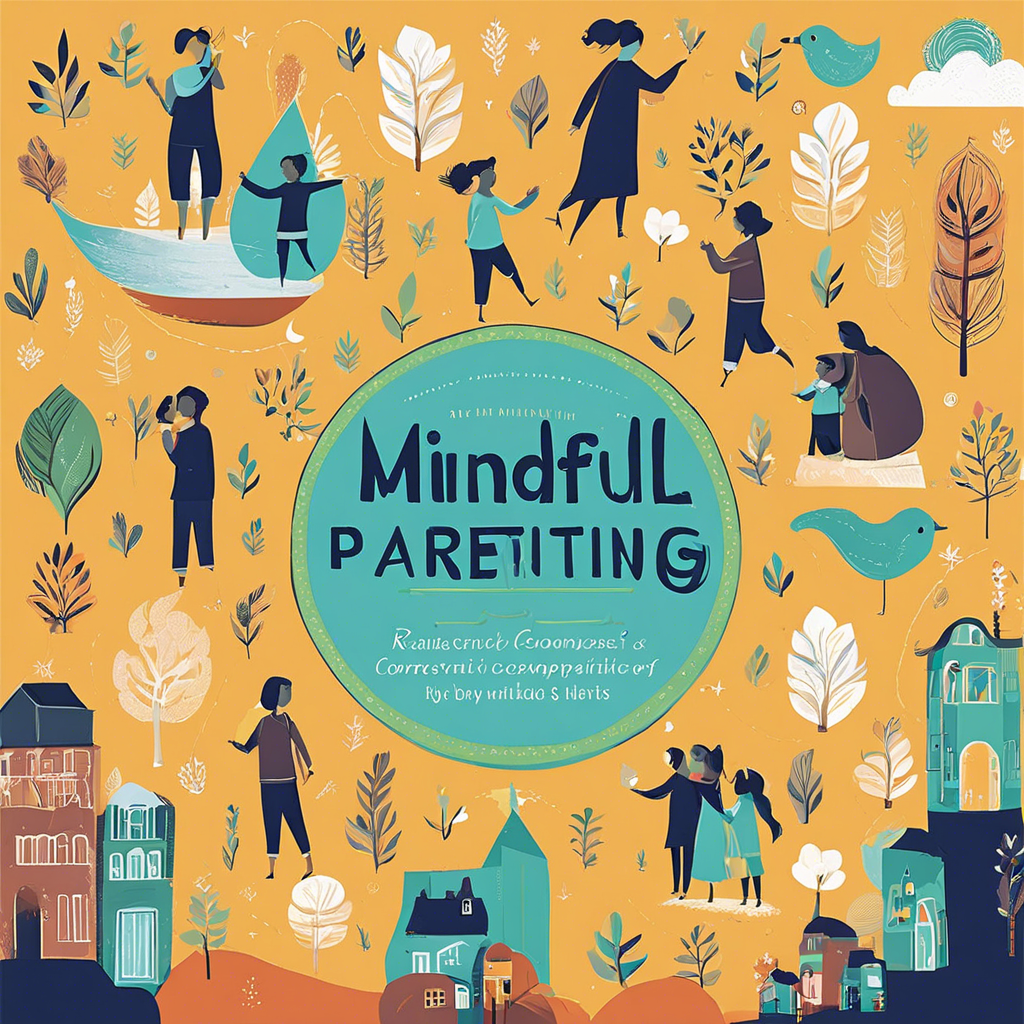It is crucial to identify the role of parents in child development as being a parent is the toughest and most fulfilling work on the face of the earth. It is a practice that asks of us to be available, for our children and for ourselves, that often times comes with the need for patience and tender loving care. Mindful parenting on the other hand is something that isn’t new but encompasses what its name suggests –parenting with a keen sense of attention on the current moment and responding to the child in a non-judgmental manner.
Mindful parenting at its simplest can be defined as the act of creating a bond with our children to assist them grow in personal-emotional understanding. It is all focused at providing a secure and warm context in which they are allowed to express feelings, learn how to regulate emotions, and establish independent and socially appropriate identities. As adults, we can become mindful ourselves and then being mindful role models for our children to show them how to focus on the present experiences and deal with what lies in their path in a non-emotional and clam manner.
The fourth approach, and one of the essential parts of mindful parenting, is self-regulation – aiding the child in recognizing and moderating their feelings. This starts with us as parents The role that we play in the upbringing of our children begins from the time that they are born until they are ready to go to school, and in some cases even until they complete their college education. When you, as a parent, can also stay cool-headed and calm, it will be easier to guide your child to regulate his or her emotions. It might include labelling and normalizing their emotions, explaining to them processes that lead to these feelings as well as showing them appropriate ways to handle those feelings.
Another significant component of LPM is the perception of restraining and creating a clear structure in the family. It is said that the children make great sense if put under coherent discipline where they are accorded some measure of discipline with clearly defined and standard irresolvable norms. It assists them to be protected, and get to recognize the downside of the benefits of self discipline and responsibility. Another thing, one must interfere in the child’s activity only when it seems that they are on the verge of hurting themselves, so that they learn that they are capable of making mistakes and it is normal to fail sometimes.
As much as it is a challenge, parenthood is one of the greatest rewarding calls in life. It’s one of the roles that make us stay alert, accommodating, and understanding not just for the sake of our children but for ourselves. Mindful parenting is a concept that goes a long way to defining exactly what it purports to – parenting with the goal of being as fully engaged psychologically as possible in the present moment and being receptive to children’s needs.
Mindful parenting involves raising conscious children and creating more awareness among our children, so they become more emotionally intelligent. It is about making them comfortable and happy to express themselves, extend their capabilities in terms of emotion regulation, and help them build better, more empathetic individuals. When parents and other caregivers learn how to be mindful and incorporate it into their lives, the act of teaching children how to be more attentive not only in external situations but also in their reaction to the adversity is within the realm of possibility.
Another area of focus in mindful parenting is self-regulation could be described as teaching your child how to control or regulate their own feelings. This begins each day right from us – the parents. Everything around us is possible to manage if we remain steady and that helps our children to accept the same approach when dealing with their emotional state. They may include helping the child to label their emotions and gain permission to feel this way, recognize what led to the outburst or how the child could regulate their behavior.
Boundaries or rules are another component of mindful parenting that can effectively be incorporated into a child’s daily routine. In the same way that children need structure to help them understand using role-play properly and what’s acceptable in terms of sharing, so children need boundaries and routine in their lives. It makes them feel at home and protected, besides it opens up to the topic of discipline and the role they have to play. It is also good to give kids chances to learn from their mistakes as well as face the results of those mistakes on their own; this is how children learn.
If you have any questions Contact Us Here.

